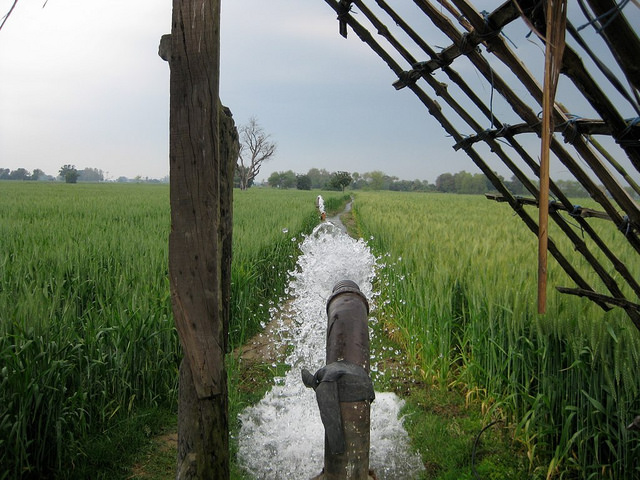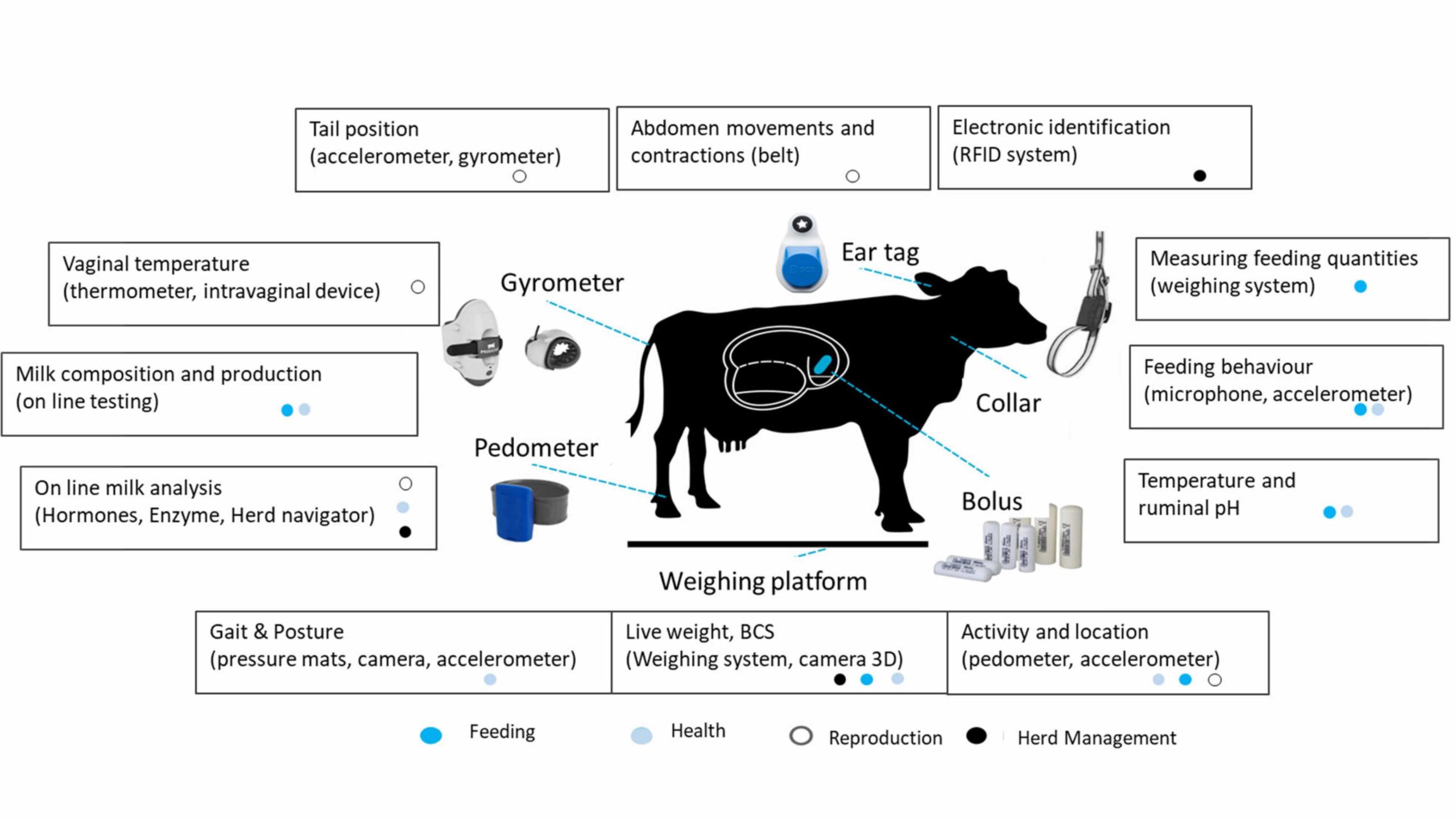Technology can serve as a catalyst in agriculture, shifting farmers from subsistence to profit, and spurring dramatic quality of life improvements for the rural poor in many developing countries. New technologies can also help farmers contend with the mounting challenges to food security brought about by a changing climate. The million dollar question is how to best get these new technologies to the very farmers who need them.
In their discussion paper, Leveling with Friends: Social Networks and Indian Farmers’ Demand for Agricultural Custom Hire Services, former IFPRI research fellow Nick Magnan, IFPRI researcher David Spielman, and their co-authors looked at the power of social networks in disseminating new technologies to farmers in Uttar Pradesh, India and how networks can stimulate demand for technology. Focusing specifically on laser land leveling (LLL), the researchers pinpointed the role of these networks in increasing farmers’ willingness to pay for the technology.
The researchers introduced LLL—a technology that helps farmers reduce the volume of water needed for flood irrigation by 10 to 25 percent and reduce farm production costs—to farmers in Eastern Uttar Pradesh in 2011 and conducted a series of experimental auctions to determine their willingness to pay for LLL services, followed by lotteries to allocate the services to a randomly chosen group of those interested in receiving them. The auctions were held again in 2012 to measure how farmer demand for the technology changed over time, and how social learning influenced this change.
Using data from household surveys conducted in both 2011 and 2012, the researchers were able to learn more about farmers’ understanding and appreciation of LLL services. For example, they asked a battery of questions, such as with whom the farmers discussed LLL, on whose fields they observed LLL in action, what their impressions of the technology were, and so on. By comparing changes in willingness to pay between 2011 and 2012 across farmers who had received or knew someone who received the services, the researchers were able to shed new light on how social networks can influence decisions about new technologies.
What makes this study particularly interesting is the way it tackles the “reflection problem” that can obscure the causal relationship between learning through social networks and adoption of technology. The reflection problem occurs when it is not possible to determine if two farmers use similar technologies because one learns from (or mimics) the other, or because the farmers are similar and/or facing similar conditions. The study ultimately found that networks did, in fact, impact demand for technology. Researchers concluded that:
- Farmers believe what they see: farmer-to-farmer knowledge diffusion and technology adoption depend upon farmers seeing the benefits of the technology with their own eyes.
- Farmers who have at least one technology adopter in their network were willing to pay 28 percent more for the technology than farmers who didn’t have an adopter in their network.
- Farmers learn about the benefits of the technology from others rather than simply mimicking what other farmers are doing with the technology.
- Network effects have a greater impact on poor farmers than on wealthier farmers.
While the researchers’ work reinforces prior studies on the importance of social networks to technology adoption, it also offers some uniquely nuanced insights about how social networks actually function.
The setup of this experiment is detailed in a companion discussion paper by Travis Lybbert, associate professor at the University of California Davis, along with Magnan, Spielman, and their co-authors.
With contributions from David Spielman and Nick Magnan
Related Materials:







